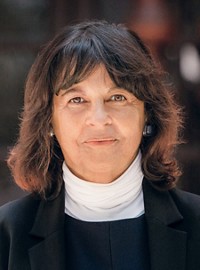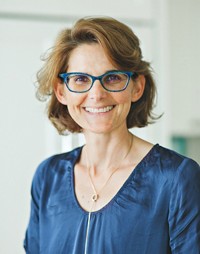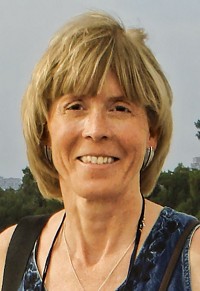Advertisement
Grab your lab coat. Let's get started
Welcome!
Welcome!
Create an account below to get 6 C&EN articles per month, receive newsletters and more - all free.
It seems this is your first time logging in online. Please enter the following information to continue.
As an ACS member you automatically get access to this site. All we need is few more details to create your reading experience.
Not you? Sign in with a different account.
Not you? Sign in with a different account.
ERROR 1
ERROR 1
ERROR 2
ERROR 2
ERROR 2
ERROR 2
ERROR 2
Password and Confirm password must match.
If you have an ACS member number, please enter it here so we can link this account to your membership. (optional)
ERROR 2
ACS values your privacy. By submitting your information, you are gaining access to C&EN and subscribing to our weekly newsletter. We use the information you provide to make your reading experience better, and we will never sell your data to third party members.
Awards
Jacqueline K. Barton to receive 2021 Theodore Richards Award for conspicuous achievement in chemistry
by Mary Shultz, ACS Northeastern Section
January 29, 2022
| A version of this story appeared in
Volume 100, Issue 4

California Institute of Technology professor Jacqueline K. Barton has been selected to receive the 2021 Theodore William Richards Medal Award, in recognition of “conspicuous achievements in chemistry,” from the Northeastern Section of the American Chemical Society (NESACS). Barton, the John G. Kirkwood and Arthur A. Noyes Professor of Chemistry and Chemical Engineering at the California Institute of Technology, will receive the award during the ACS Northeastern Section monthly meeting on March 10, in Cambridge, Massachusetts. Barton will be the 46th recipient of the award, which was established in 1928. NESACS conveys the award every 2 years. The medal honors Theodore William Richards, the first chemistry Nobel laureate of the US. Recipients of the prestigious honor include 11 Nobel laureates and other scientific luminaries.
Professor Barton’s achievements include pioneering the application of transition metal complexes to probe recognition and reactions of double helical DNA. Using her metal complexes, Barton has carried out studies that elucidate electron transfer chemistry mediated by the DNA double helix. Her research has shown that this chemistry is a powerful means for long-range DNA-mediated signaling. The work has provided a basis for the development of sensitive nucleic acid sensors as well as for understanding the chemistry underlying DNA damage, repair, and replication.





Join the conversation
Contact the reporter
Submit a Letter to the Editor for publication
Engage with us on Twitter